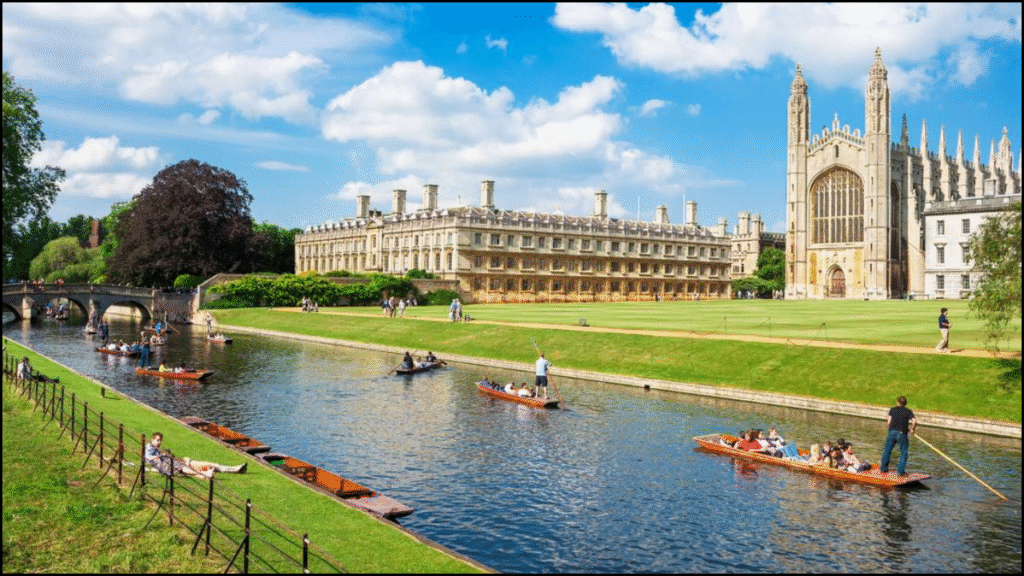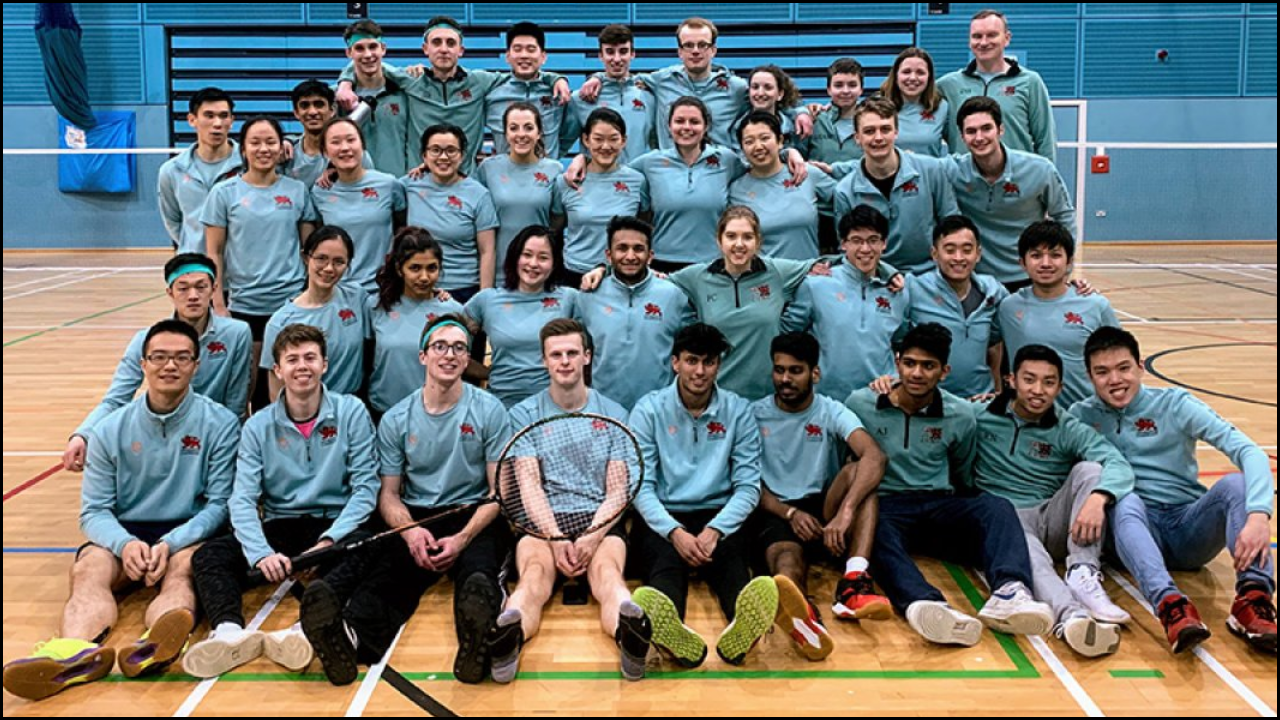
University of Cambridge undergraduate admission represents one of the most competitive academic processes in the world. The selection emphasizes intellectual ability, academic achievements, and strong alignment with the chosen course. Proper understanding of each stage, careful planning, and thorough preparation can significantly improve an applicant’s chances of success. This article provides a detailed guide on applying for undergraduate admission at Cambridge, including steps, requirements, and tips for both domestic and international students.
Table of Contents
Application Overview
Application to Cambridge involves multiple stages designed to evaluate academic aptitude, personal qualities, and potential for success in higher education. Attention to deadlines, accurate submission of documents, and proactive preparation for assessments are essential for a strong application.
Key Stages of Application
- UCAS Submission
- Requirement: All undergraduate applications must be submitted through UCAS (Universities and Colleges Admissions Service).
- Deadline: Typically mid-October each year.
- Details: The application includes personal information, academic history, reference letters, and a personal statement.
- Tip: Early submission allows time for corrections and additional documents if needed.
- My Cambridge Application
- Requirement: Complete this form after UCAS submission.
- Purpose: Collects Cambridge-specific information not included in the UCAS form.
- Importance: Essential for the admissions committee to evaluate the candidate fully.
- Deadline: Usually shortly after UCAS submission; exact dates are listed on the Cambridge admissions website.
- Admissions Assessments
- Requirement: Required for most courses; varies by subject.
- Purpose: Tests academic knowledge, analytical thinking, and problem-solving abilities.
- Preparation: Sample papers and practice assessments are available online.
- Examples:
- Mathematics: STEP (Sixth Term Examination Paper)
- Engineering: ENGAA (Engineering Admissions Assessment)
- Medicine: BMAT (Biomedical Admissions Test)
- Tip: Start preparation months in advance to improve performance.
- Written Work or Portfolio
- Requirement: Some courses, like English, History, or Art, require submission of written work or a portfolio.
- Purpose: Provides insight into the applicant’s analytical, creative, and academic abilities.
- Tip: Select work that demonstrates originality, critical thinking, and engagement with the subject.
- Interviews
- Requirement: Shortlisted applicants are invited to interviews.
- Focus: Intellectual ability, problem-solving, and suitability for the chosen course.
- Format: Typically conducted in person; online options exist for international applicants.
- Tip: Practice discussing complex topics clearly and confidently, and engage critically with questions.
- Final Decision
- Outcome: Offers may be conditional, based on achieving specific academic results, or unconditional.
- Notification: Applicants receive decisions after all interviews and assessments are completed.
- Tip: Stay updated with emails from the admissions office to avoid missing deadlines.
Choosing a College
Cambridge consists of multiple colleges, each with unique characteristics, facilities, and culture. Choosing a college can influence both academic and social experiences.
| Factor | Details |
|---|---|
| Course Availability | Not all colleges offer every course; check before applying. |
| Facilities & Accommodation | Libraries, laboratories, housing options, and amenities vary. |
| Location | Consider proximity to lecture halls, departments, and libraries. |
| College Culture | Traditions, societies, and student life differ across colleges. |
| Support Services | Availability of academic guidance, counselling, and mentoring programs. |
Applicants can either choose a college or submit an open application, allowing Cambridge to assign one. Consider academic strengths, facilities, and personal preferences when selecting a college.
International Applicants
International students require additional preparation to meet Cambridge’s requirements and navigate logistical challenges.
- Qualification Equivalency: Ensure international qualifications meet UK entry standards.
- English Language Requirements: Tests like IELTS or TOEFL may be required; minimum scores vary by course.
- Visa Application: Apply for a student visa well in advance; requirements may include proof of financial support and English proficiency.
- Cultural Integration: Colleges’ guide to help international students adapt to the academic environment and social life.
- Support Services: Dedicated offices assist with housing, health services, and academic support for international students.
Financial Considerations
Studying at Cambridge involves tuition fees, living expenses, and other costs. Applicants should explore all financial support options.
| Financial Option | Details |
|---|---|
| Scholarships & Bursaries | Merit-based or need-based support is available for eligible students. |
| Government Loans | UK students may access loans; some international students may qualify for country-specific loans. |
| Part-Time Work | Work opportunities exist during term-time and vacations, subject to visa restrictions. |
| College Emergency Funds | Additional support for unexpected financial hardship is available in some colleges. |
Preparation Tips for Successful Application
- Personal Statement: Highlight academic interests, achievements, and motivation for studying the chosen course.
- References: Obtain strong recommendations from teachers or mentors familiar with academic performance.
- Interview Practice: Participate in mock interviews and discussions to build confidence.
- Time Management: Begin preparation months before deadlines to ensure all requirements are met.
- Research Courses Thoroughly: Understand the curriculum, assessment methods, and learning environment.
- Admissions Assessment Preparation: Use sample papers, past questions, and online resources to practice.
- Written Work or Portfolio: Choose pieces that reflect creativity, analytical skills, and commitment to the subject.
Final Thoughts
Undergraduate admission at the University of Cambridge is a demanding yet rewarding process. Successful applicants demonstrate academic excellence, strong preparation, and alignment with their chosen course. Each stage, from UCAS submission to interviews, requires careful attention and proactive planning. Commitment to preparation, awareness of deadlines, and understanding college choices are critical to achieving success. Cambridge applicants who approach the process strategically and thoroughly increase their chances of securing a place at one of the world’s most prestigious universities.





